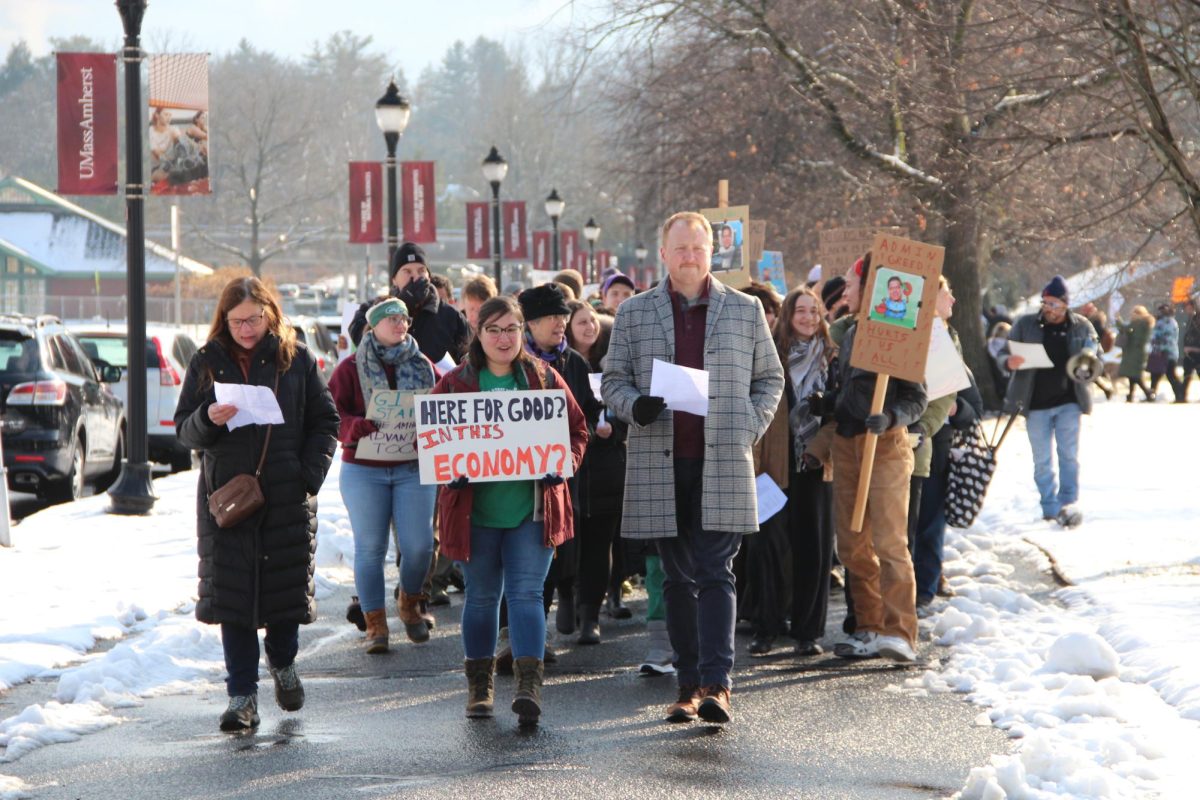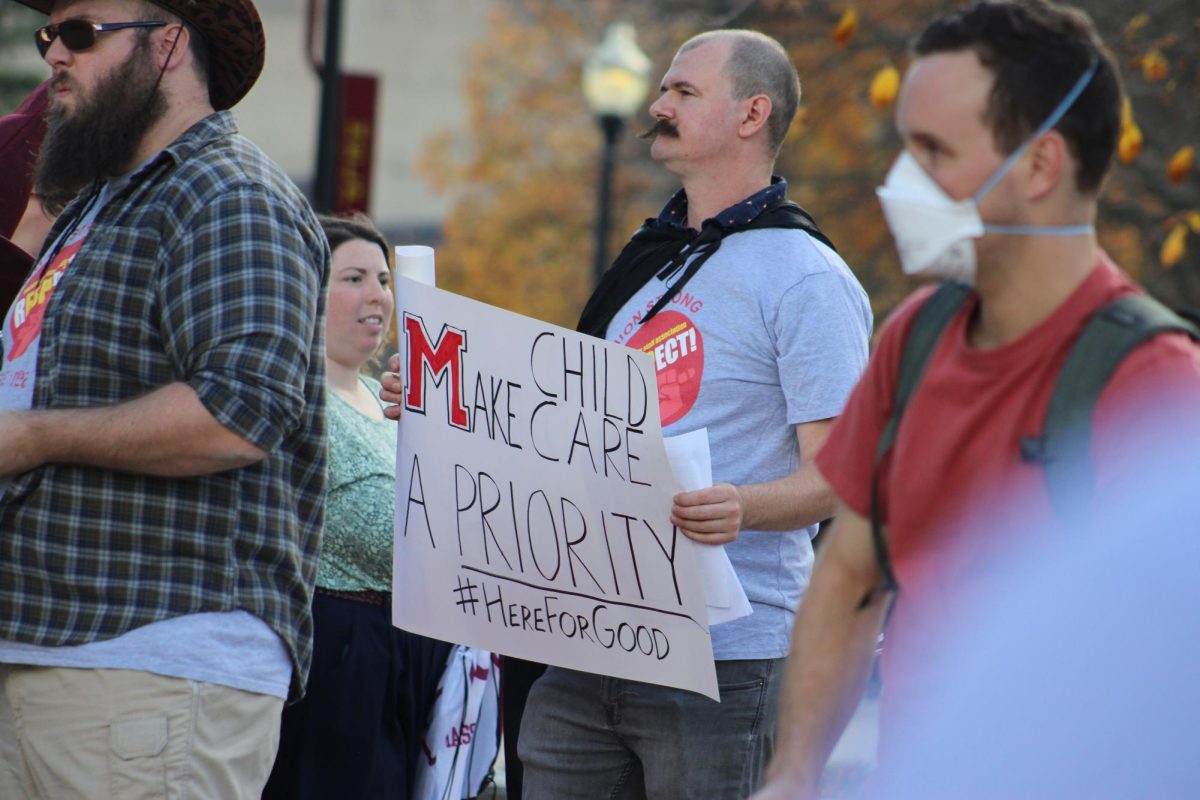
Following 11 hours of deliberations spread over two days, the jury finally reached a verdict for Dzhokhar Tsarnaev – he’s now officially guilty for his involvement in the Boston Marathon Bombings, a terrorist attack that occurred nearly two years ago, injuring 264, killing three and shaking an entire city to its core.
And for many students at the University of Massachusetts, the long-awaited verdict finally brings some justice.
“He deserved to be caught,” said Ryan Fields, a sophomore finance and economics major.
Sophomore biology major Ashley Truman said that despite the biggest defense being that Tsarnaev was influenced by his older brother, Tamerlan Tsarnaev, she believes he acted in his own free will. Being the same age as Tsarnaev was when he committed the crime, she said being swayed to partake in an act of terror is not something someone can easily be coerced into.
“I’m 19 too and I don’t think I could be influenced to do the things he did,” she said. “I think it’s a good thing he got convicted.”
With the conviction official, the next step is sentencing. Found guilty of all 30 charges against him, including conspiracy to use a weapon of mass destruction, Tsarnaev now faces the possibility of the death penalty.
And this is where UMass students begin to have mixed opinions.
“I think that the death penalty is extreme in a lot of cases,” Maggie White, a sophomore, said. “I feel like the death penalty is kind of saying it’s ok to take care of violence with more violence.”
Zoe Ma, a freshman hospitality and tourism management major, said that she has done a lot of debates regarding the death penalty in the past, and despite Tsarnaev’s crimes, doesn’t believe in the concept as a whole.
“Even though what he did was awful, since I’m against the death penalty, I would probably be against him getting the death penalty,” she said.
But some students still want to see a harsh sentencing for the convicted bomber.
“My initial reaction is to give (the death penalty) to him,” Fields said. “But at the same time, I think people should live their life out in prison and suffer that way, instead of just ending it in a very quick manner.”
“I feel like yes, the death penalty is extreme, but at the same time, what he did was extreme,” sophomore and operations and information management major Mikayla Goodwin said. “I don’t think there really is any best way to handle this situation.”
And with the conviction coming nearly two years after the bombings took place, some students said they can still remember exactly where they were and what they were feeling at the moment the bombs went off near the finish line.
Harrison Ma, a freshman management major, remembered just finishing track practice when he found out the marathon attacks, a feeling he describes a weird, having just finished running himself. He feels like that day was a long time ago.
“(The trial) dragged out for a while,” he said. “There was a period I forgot it was (happening).”
But for many, the verdict today brings a sense of closure.
“(I’m) relieved, honestly. Justice was served,” Fields said. “They have a very methodical process of finding all the evidence. You are innocent until proven guilty and they did a very good job of proving that.”
Yet despite the act of terrorism that affected both the city of Boston and the nation itself, some students see the bombings, along with the relief of today’s verdict, as a chance for people to come and grow stronger together.
“I think it grew everyone, at least in the state of Massachusetts, together,” Goodwin said. “There was something to rally around, like a cause to stand up for, to stick together.”
Jaclyn Bryson can be reached at [email protected].



















Genghis Khan • Apr 10, 2015 at 9:07 am
Bullet. Brain. Assembly. On national TV.